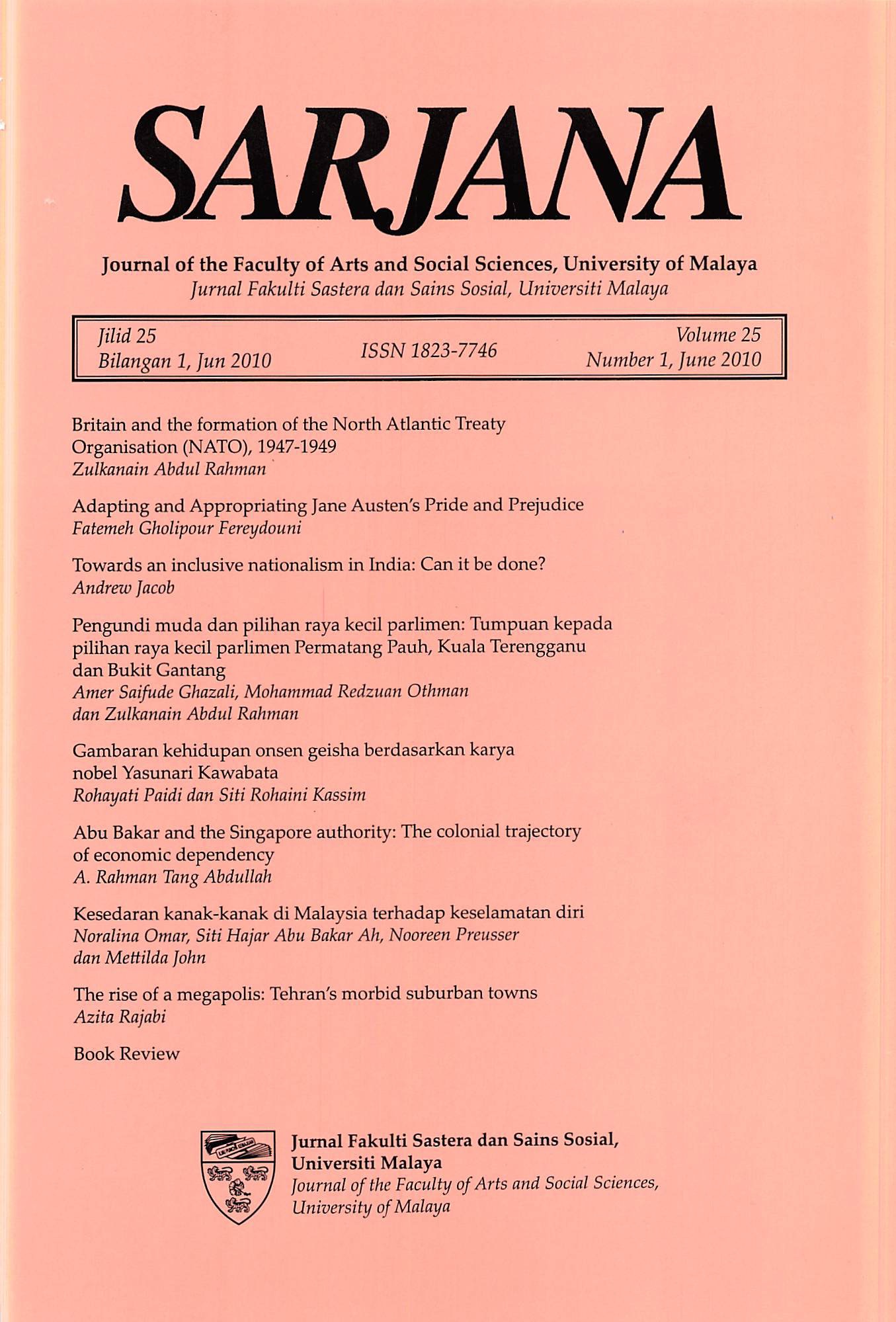BRITAIN AND THE FORMATION OF THE NORTH ATLANTIC TREATY ORGANISATION (NATO) 1947-1949
Main Article Content
Abstract
This article examines the role played by Britain in the establishment of the North Atlantic Treaty Organisation (NATO) between 1947 and 1949. Britain felt a body such as NATO was desperately needed as it lacked confidence in the United Nations' (UN) role in preserving international peace and security in the post-war world. Indeed, under the aegis of the United Nations, the United States, France, China, the Soviet Union and Britain spent too much time and energy disputing issues such as the formation of an international force, an international atomic energy body and an international trusteeship. Apart from this, the perceived political and military threats from the Soviet Union strengthened Britain's resolve in initiating the new international organisation which would exclude the Soviet Union. This article examines in particular the primary role of the Labour Party Foreign Secretary, Ernest Bevin in the formation of NATO. Bevin, a nationalist and core supporter of British Empire, was nevertheless not alone in wanting to establish NATO. He had strong support from the senior officers who worked at the Foreign Office and the Chief of Staff. Considering Britain's economic situation after the end of Second World War, Britain would not be able to establish NATO herself. Therefore, Bevin planned a strategy to attract political and military support not only from countries in Western Europe, but also from the United States. When NATO was officially launched in 1949, Bevin was the key player who ensured that the United States participated as a member of NATO.

